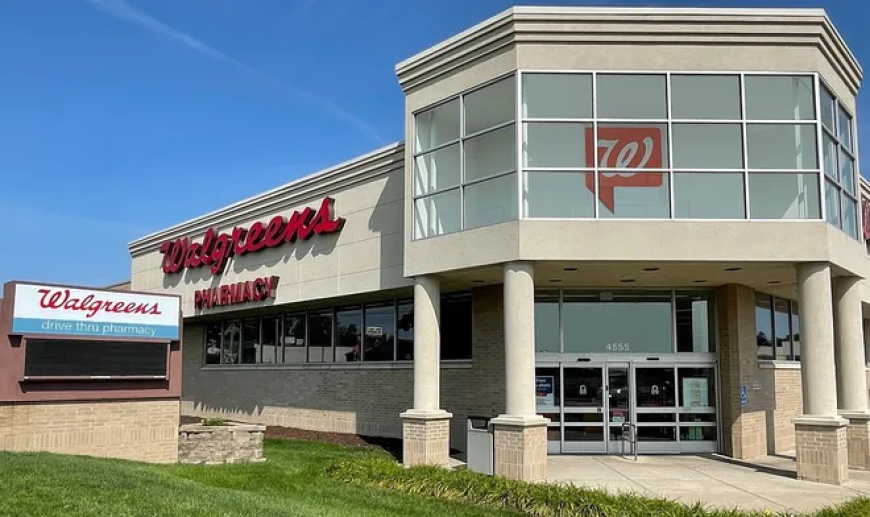Regulatory Showdown: Two More Walgreens Pharmacies Facing State Licensing Charges in Iowa
Iowa Board of Pharmacy charges two more Walgreens locations—Clinton and Dubuque—with violations of controlled substance and records requirements, with hearings set for August 20, 2025.

In a widening investigation into pharmacy practices, the Iowa Board of Pharmacy has added two more Walgreens locations in eastern Iowa to its list of state-licensing charges. These developments underscore growing concern over how major pharmacy chains manage controlled substances and maintain proper records.
New Additions to a Mounting List
On May 8, 2025, the board imposed charges against Walgreens stores in Clinton and Dubuque. However, the public first became aware of the action this week through an official state postings campaign. The Clinton store, located at 1905 N. 2nd St., and the Dubuque store, situated at 55 John F. Kennedy Rd., are accused of failing to maintain accountability for Schedule III, IV, and V controlled substances, neglecting to keep complete and accurate records, and acting in ways that jeopardize their Controlled Substances Act registration. Hearings for both cases are scheduled for August 20, 2025. Iowa Capital Dispatch
Context: A Broader Pattern of Violations
These charges bring the total number of Walgreens stores targeted statewide to six this year alone. Earlier this summer, in July 2025, three additional locations—at Urbandale, Marshalltown, and North Liberty—were fined for medication-dispensing errors, some dating back to early 2023. Iowa Capital Dispatch
And the situation traces back even further: in early 2024, eight stores across central and eastern Iowa faced related violations under the same regulatory framework. News From The States This pattern suggests systemic compliance issues rather than isolated incidents.
Why It Matters
Controlled substances are highly regulated for a reason: any lapse in prescription integrity can have serious consequences for public health and safety. The Iowa Board of Pharmacy views these cases as “inconsistent with the public interest,” a designation that carries weight in licensing and regulatory decisions.
For consumers—and especially for patients relying on timely access to medication—such allegations can erode trust. They also raise questions about Walgreens’ policies, oversight, and whether broader reforms might be needed within its in-state operations.
What’s Next for Walgreens and Regulators
Walgreens now faces potential sanctions up to and including suspension or revocation of controlled-substance licenses for the affected locations. The August 20 hearings will determine whether action is taken and what corrective steps are mandated.
Looking ahead, the board may explore more proactive oversight strategies—particularly auditing procedures, staff training, and systems that track controlled substance dispensing.








